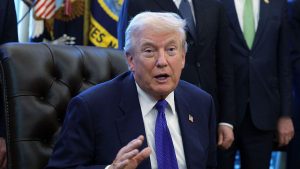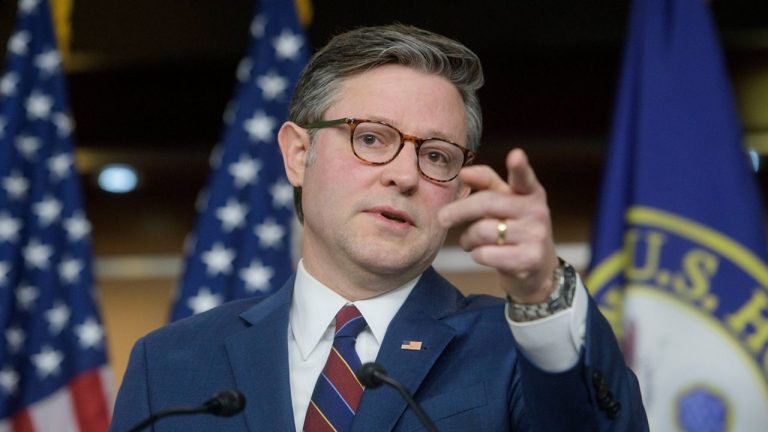NOTE: VIDEOS AT THE END OF THE ARTICLE.
University of Virginia President James E. Ryan officially announced his resignation on Friday, marking a significant moment in the Trump administration’s intensified efforts to roll back diversity, equity, and inclusion (DEI) initiatives in American higher education.
The resignation comes in the wake of a month-long federal investigation into the university’s alleged use of racially discriminatory practices under the guise of DEI programming. The investigation, led by the Department of Justice (DOJ), found grounds to pressure the Charlottesville-based public university to address potential violations of federal civil rights law.
Rather than enter into a prolonged legal battle, Ryan submitted his resignation in a letter addressed to the university’s leadership, citing his desire to protect the institution from further political and legal turmoil.
“I am inclined to fight for what I believe in, and I believe deeply in this University,” Ryan wrote. “But I cannot make a unilateral decision to fight the federal government in order to save my own job.”
His resignation marks the first time in President Donald Trump’s current term that a sitting university president has been compelled to step down under federal scrutiny for DEI-related compliance. The Trump administration has made dismantling DEI frameworks a cornerstone of its higher education policy, promising to end what it calls “ideological indoctrination” at taxpayer-funded institutions.
The White House has already taken action against other elite universities. Notably, Harvard University saw over $3 billion in federal funding revoked earlier this year after failing to comply with government-mandated reforms concerning its curriculum, admissions policies, and foreign student programs. Columbia University and several others remain under investigation.
According to The New York Times, Assistant Attorney General for Civil Rights Harmeet K. Dhillon played a central role in the University of Virginia case. Sources familiar with the DOJ’s demands said Ryan’s resignation was a prerequisite for resolving the government’s inquiry without further punitive action.
The move signals that the administration is prepared to take swift and decisive action against institutions that fail to align with its reformed interpretation of civil rights law—one that sharply diverges from the race-conscious approaches embraced during previous administrations.
The broader political implications are still unfolding, as many universities now face increasing pressure to revise or eliminate their DEI programs altogether. Critics argue that such initiatives promote reverse discrimination, while supporters insist they are essential for creating inclusive learning environments.
Regardless of perspective, Ryan’s departure is a pivotal moment in the national debate over how far federal authority should go in shaping university policies—and it appears the Trump administration is just getting started.
PLAY:

Sarah Mitchell is a bestselling novelist recognized for her insightful and emotionally resonant stories that explore the complexities of human relationships. Originally from Denver, Colorado, Sarah grew up in a family of teachers who nurtured her curiosity and love for storytelling. She studied psychology at Stanford University, where she became fascinated by the intricacies of human behavior—an interest that would later shape her writing career. Sarah’s novels are praised for their nuanced characters, intricate plots, and ability to capture the subtle tensions that define love, friendship, and family ties. Her breakthrough novel, The Spaces Between Us, became an instant bestseller, lauded for its honest portrayal of strained family relationships and the fragile bonds that hold people together. Since then, she has published several works that continue to captivate audiences around the world. Outside of her writing career, Sarah is passionate about mental health advocacy and often partners with organizations to promote awareness and support for those struggling with emotional well-being. Her personal life is quieter—she enjoys hiking in the Colorado mountains, practicing yoga, and spending time with close friends. With each new book, Sarah Mitchell cements her reputation as a writer who illuminates the beauty and struggles of human connection.









